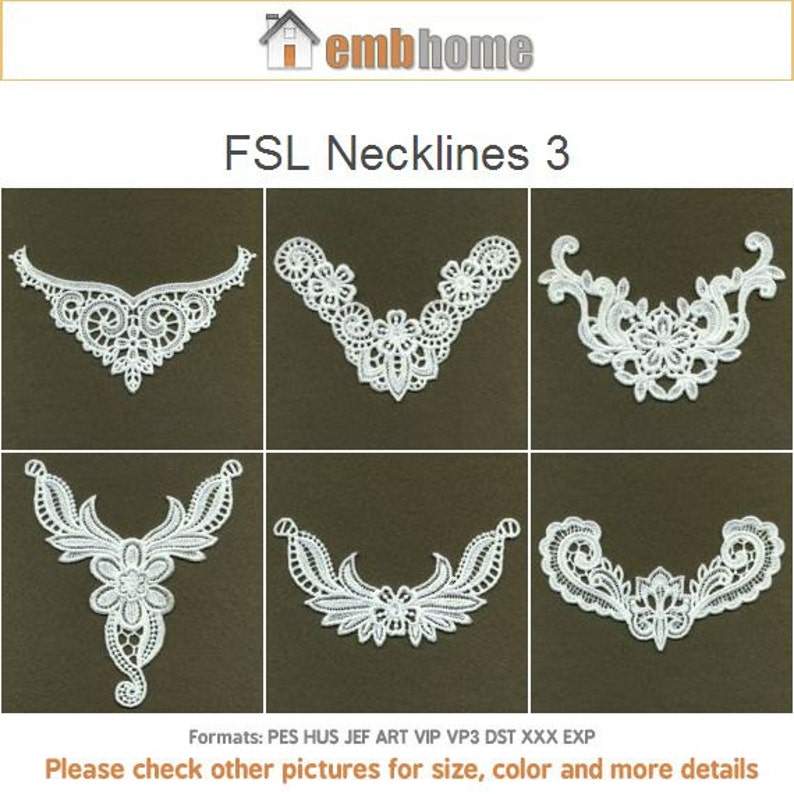
Watch the video to get a coupon code to save $5 on the Hope Angel, a tiny, delicate angel with a “cause.” I’ve stitched her cause ribbon in pink but you could obviously swap in any color or leave it white to look like a sash.Join the fun in learning the tips and techniques for FSL (Free Standing Lace) Embroidery.


We also have newer and better products that weren’t available back in the mid-nineties that stitching lace even easier. I’ve experimented with different techniques and products and you’ll learn about them in this free class. In the time since I created that first free-standing thread design, I’ve learned quite a bit about digitizing and stitching lace. I call it instant lace because it is much faster to digitize than traditional lace, which must be carefully drawn and planned to hold together after the stabilizer is removed. I didn’t really think of it as lace and indeed, it really more closely resembled the designs I call “instant lace,” which is what a lot of companies call their FSL – several layers of open fill placed at opposing angles to support satin stitches. I realized that I could reproduce that same type of work via digitizing. Patsy’s program didn’t even mention embroidery machines she was demonstrating free-motion embroidery on a burn away stabilizer called Heat-Away from Sulky.

There weren’t a lot of embroidery machines then-possibly Janome, Brother, and what I owned, a Huskygram. The first free-standing thread design I ever digitized and stitched was back in early 1995 after Patsy Shields, a Sulky educator, presented a program to our Pfaff Creative Club, a monthly meeting hosted by our local Pfaff dealer, Beach’s Sewing Center in Cincinnati, Ohio.


 0 kommentar(er)
0 kommentar(er)
